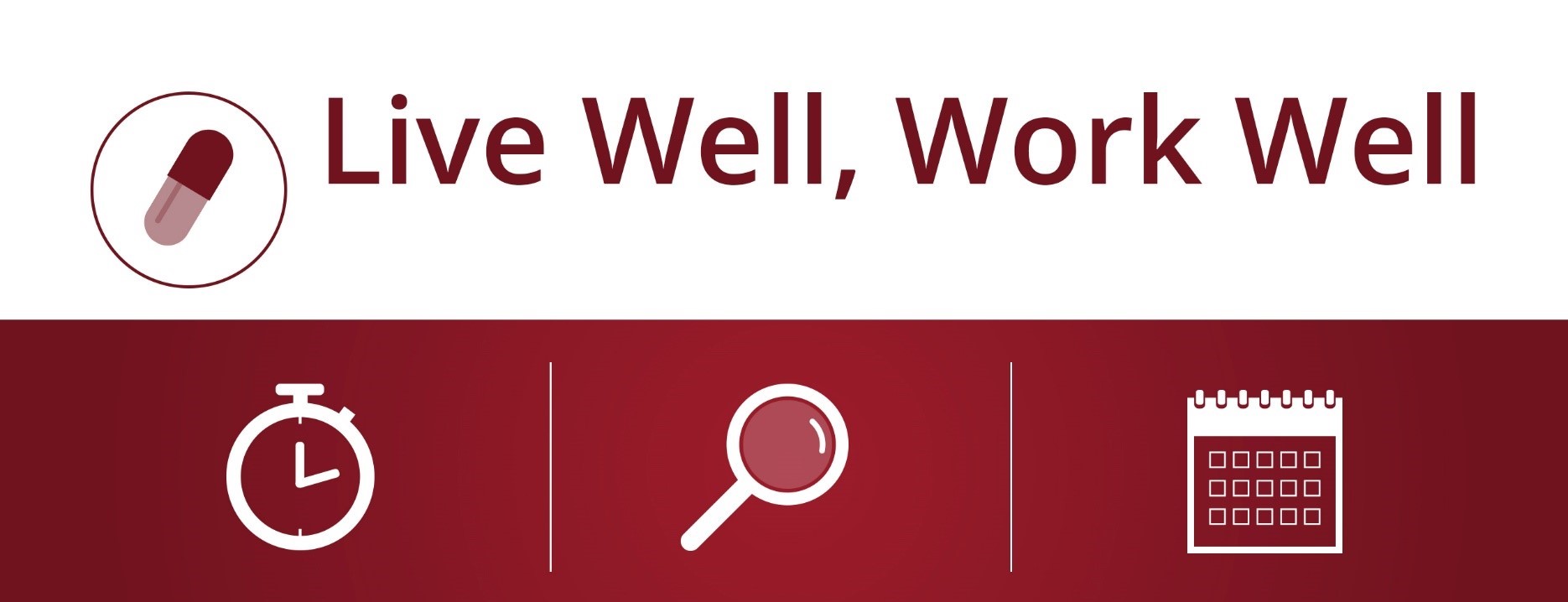From: Safety & Health
According to the Centers for Disease Control (CDC), norovirus is a very contagious virus that causes vomiting and diarrhea. It’s commonly called “the stomach bug.” Norovirus causes 19-21 million infections throughout the United States annually.
Norovirus outbreaks commonly happen between November and April each year, with February typically being the peak month for cases. Anyone can become infected with norovirus, but children age 5 and under and adults age 85 and older are more likely to need emergency care than others. Although norovirus infections can be fatal, most cases only cause mild symptoms.
Norovirus transmission can happen from any of the following activities:
- Having direct contact with someone who is
already infected - Consuming contaminated food or water
- Touching contaminated surfaces and then putting unwashed hands in or near the mouth
Current CDC data suggests that there was an uptake in norovirus cases in 2022 compared to recent years. Considering this data and the fact that norovirus is known to be highly transmissible, it’s important to be aware of which symptoms to look out for and how to treat them.
Symptoms
Norovirus causes inflammation of the stomach or intestines, also known as acute gastroenteritis. The most common symptoms include:
- Diarrhea
- Vomiting
- Nausea
- Stomach pain
- Fever
- Headache
- Body aches
After being exposed to norovirus, a person usually experiences symptoms within 12-48 hours. In most cases, a person experiences these symptoms for one to three days. One risk factor for serious norovirus complications is dehydration. Dehydration can be caused by vomiting and having diarrhea multiple times a day.
Symptoms of dehydration include:
- Decreased urination
- Dry mouth and throat
- Dizziness when standing up
Prevention
The best way to practice norovirus prevention is through proper hand hygiene. This includes frequent hand-washing, such as after going to the bathroom, before preparing to cook or eat food and whenever they seem dirty. If you don’t have access to soap and water, the next best thing is an alcohol- based hand sanitizer. Yet, it should be noted that this method is not as effective as hand-washing. Other ways you can help prevent norovirus is through proper food management, such as rinsing your fruits and vegetables and cooking shellfish thoroughly. If you get infected with norovirus, it’s best to stay home and avoid cooking food for others for at least two days after your symptoms subside.
Treatment
Unfortunately, once norovirus symptoms begin, they need to run their course. Treatment for norovirus is dependent on infection severity. Norovirus is short-lived, so treatment is based on symptomatic care. The best thing you can do to treat norovirus is to consume lots of clear, noncarbonated fluids (e.g., water, broth and tea). Drinking these fluids will help prevent dehydration, which can cause further complications.
Summary
Norovirus is a common seasonal illness to stay on the lookout for, especially during its peak time of year. While there is no way to completely prevent getting infected with norovirus, you can practice diligent hand-washing and food management to try to avoid becoming ill.
For additional information or concerns regarding norovirus, reach out to your primary care provider.





